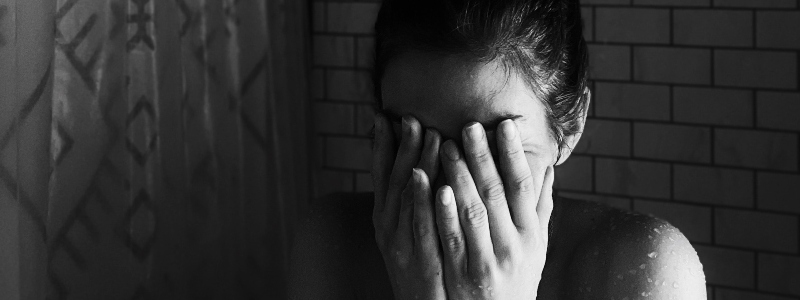Panic attacks can be terrifying and debilitating. They can feel as if you are going to die and like you have lost control of your body. While nobody has literally died from a panic attack, feeling out of control and overcome by fear and anxiety can be one of the most unpleasant experiences. It causes some people to limit their lives, which can, in turn, lead to more panic attacks through hypervigilance.
What is a panic attack?
I have previously written blogs about how all of our emotions originate in our body. Our emotional system (autonomic nervous system) is constantly scanning its surroundings for signs of threat. Some of us have systems that are primed to be more hypervigilant. This can be useful in dangerous situations, but not so helpful in normal everyday life.
There may be genetically inherited reasons why some people are more prone to anxiety, and thus panic attacks. However, other reasons relate to what we learned about emotions and how to feel them from our primary carer and family of origin. Put simply, an anxious mother will most likely raise an anxious child. When the child becomes a parent, they become an anxious mother who raises an anxious child, and so on.
Why do panic attacks happen?
Panic attacks happen when we become overwhelmed with fear and anxiety. We cannot simply feel and make sense of our experience and our emotional system goes into overdrive. The fast heart rate and shallow breathing that accompanies a panic attack exacerbates the experience and we can feel stuck in a nightmarish loop.
It is important to understand that a panic attack originates in the body. It can therefore only be controlled through the body. We cannot think ourselves out of a panic attack. This is why it is so unhelpful when well-meaning loved ones tell us to “calm down!”
Panic attacks are generally unrelated to the immediacy of our environment in that we are generally not confronting a deadly situation. However, there will generally be something about what we are experiencing that is triggering anxiety and/or fear.
In my next blog, I will give you four simple steps to stop a panic attack.
Mark Vahrmeyer is a UKCP-registered psychotherapist working in private practice in Hove and Lewes, East Sussex. He is trained in relational psychotherapy and uses an integrative approach of psychodynamic, attachment and body psychotherapy to facilitate change with clients.
Further reading:
Managing conflict for emotional and physical health
What is attachment and why does it matter?
Click here to download a PDF version of this post.

Leave a Reply